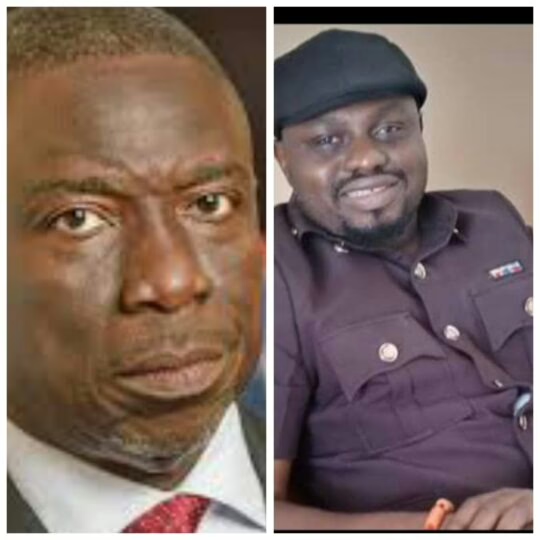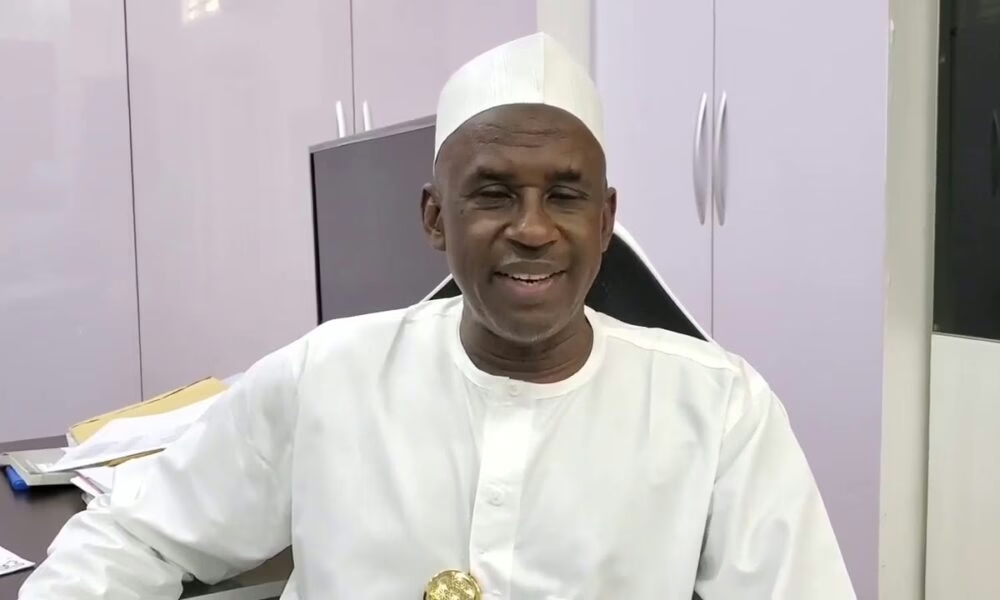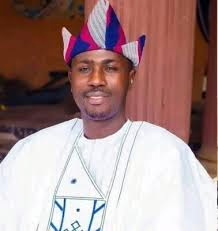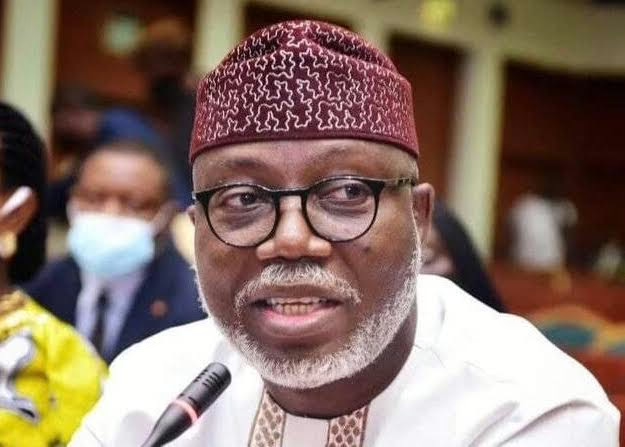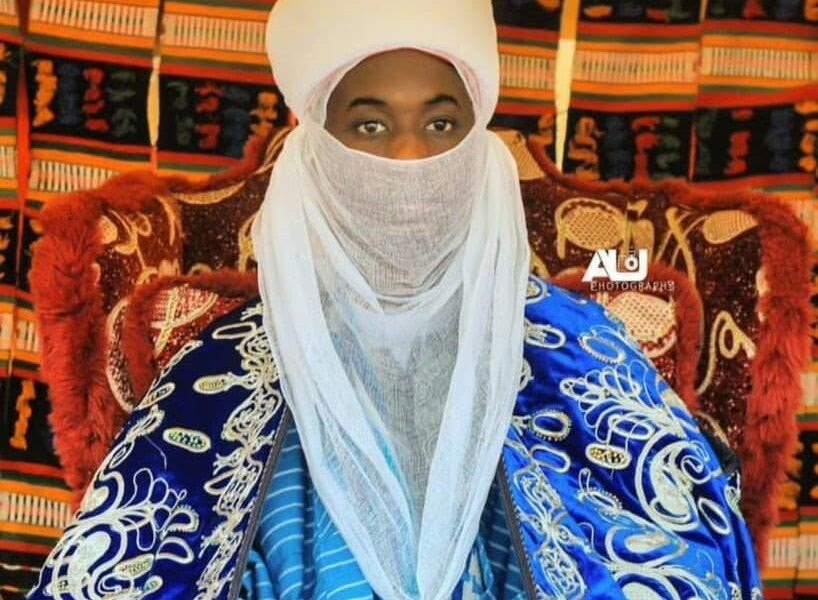By Nehru Odeh
Salman Rushdie is not just the personification of courage; he is a metaphor for the freedom to express oneself and write. And he has proved this enviable but risky trait once again in a rare and rich interview with David Remnick, six months after his brutal attack onstage at an event in New York.
According to the BBC, in the interview his voice is sounding as it ever did – witty, fiercely eloquent, thoughtful, and, crucially, uncowed.
This interview which could be likened to a public outing means a lot in the sense that it came alongside a rare photograph of the bestselling writer, blind in an eye but defiant after the attack, just a few days to the release of his latest novel, Victory City.
Victory City is scheduled to be released on 9 February 2023.
Rushdie released that photo on Twitter, saying: “The photo in New Yorker is dramatic and powerful but this, more prosaically, is what I actually look like.”
Victory City is indeed a victory song for the writer who escaped death by a hair’s breadth and is alive to tell the tale. Completed just before his brutal attack, Victory City tells the story of a nine-year-old girl who has a divine encounter that will change the course of history. And of course, the literary world and the globe have not remained the same after that insidious attack.
Yet Rushdie, still recovering and in high spirits about the release of his latest book, said in the interview he is lucky and grateful. “I’m lucky. What I really want to say is that my main overwhelming feeling is gratitude.”
According to the New Yorker, Rushdie said he was grateful to a number of people: the doctors, the E.M.T workers, the fireman in Chautauqua who stanched his wounds and the surgeons in Erie.
“It’s very nice that everybody was so moved by this, you know? I had never thought about how people would react if I was assassinated, or almost assassinated. At some point, I’d like to go back up there and say thank you.”
Rushdie was also grateful to his two grown sons, Zafar and Milan who live in London and his poet wife Griffiths “She kind of took over at a point when I was helpless. “She just took over everything, as well as having the emotional burden of my almost being killed.”
Speaking about his injuries, Rushdie said: “I’ve been better. But, considering what happened, I’m not so bad … The big injuries are healed, essentially. I have feeling in my thumb and index finger and in the bottom half of the palm. I’m doing a lot of hand therapy, and I’m told that I’m doing very well,” adding that it was difficult to write due to a lack of feelings in his fingertips.
“I’m able to get up and walk around. When I say I’m fine, I mean, there are bits of my body that need constant checkups. It was a colossal attack.”
Rushdie also said he has mental scars from the attack and that he is having to rethink his approach to security, having lived without it for more than two decades.
“There is such a thing as PTSD, you know,” he said. “I’ve found it very, very difficult to write. I sit down to write, and nothing happens. I write, but it’s a combination of blankness and junk, stuff that I write and that I delete the next day. I’m not out of that forest yet, really.
Asked if he thinks he should have been more on guard after moving to New York in 2000, having previously lived underground for several years, Rushdie said: “Well, I’m asking myself that question, and I don’t know the answer to it,” he said. “I did have more than 20 years of life. So, is that a mistake? Also, I wrote a lot of books.”
Speaking about Victory City, which he said might have to compete with his real-life drama, he said: “I’m hoping that to some degree it might change the subject. I’ve always thought that my books are more interesting than my life,” he said. “Unfortunately, the world appears to disagree.”
“I’ve always tried very hard not to adopt the role of a victim,” he said. “Then you’re just sitting there saying, ‘somebody stuck a knife in me! Poor me’… Which I do sometimes think!
“But what I don’t think is: That’s what I want people reading the book to think. I want them to be captured by the tale, to be carried away.”
Asked who he is blaming for the attack, Rushdie said he blames Matar the 24-year-old attacker, solely. “I’ve tried very hard over these years to avoid recrimination and bitterness,” Rushdie said. “I just think it’s not a good look. One of the ways I’ve dealt with this whole thing is to look forward and not backwards. What happens tomorrow is more important than what happened yesterday.”
However, Matar, who has been charged with attempted murder, has pleaded not guilty after he stabbed the Booker Prize-winning writer multiple times.


